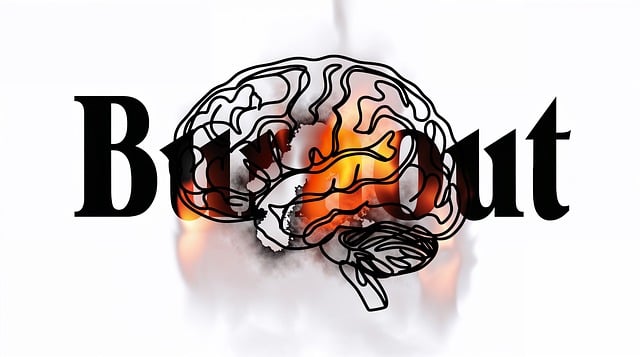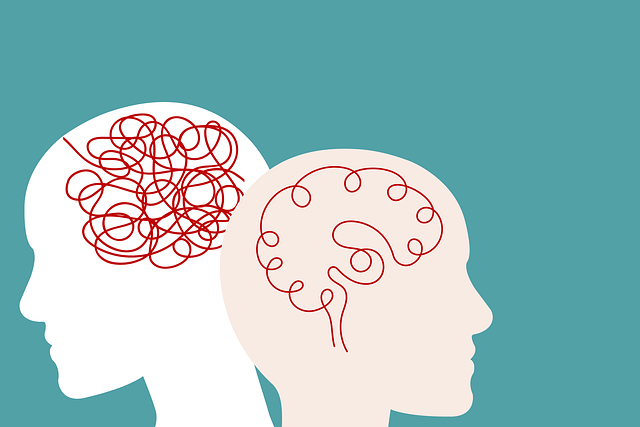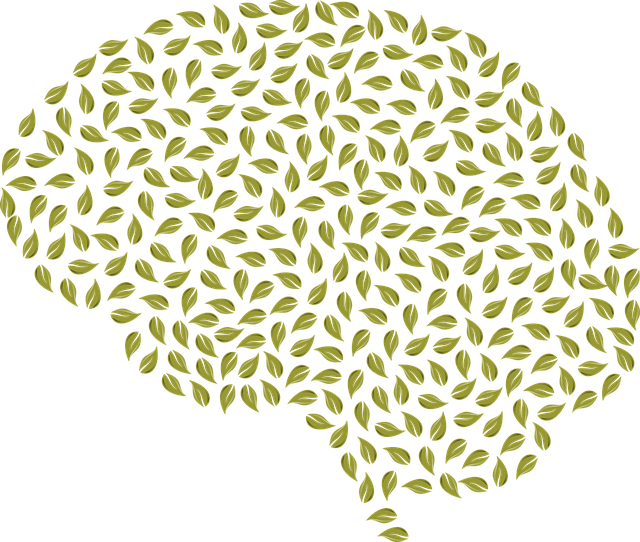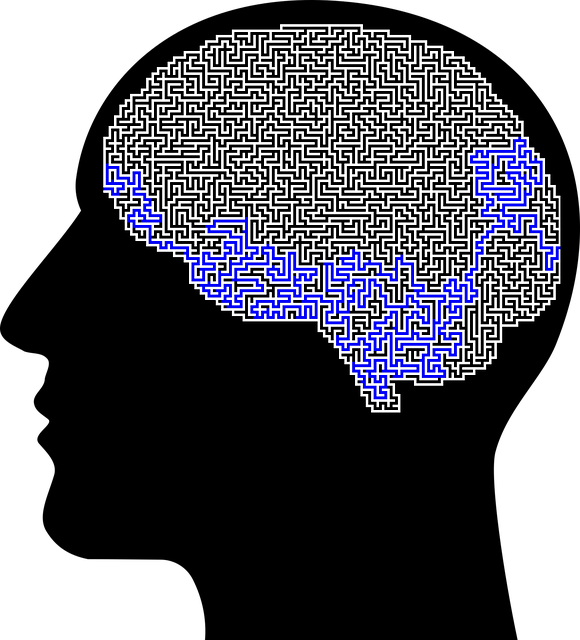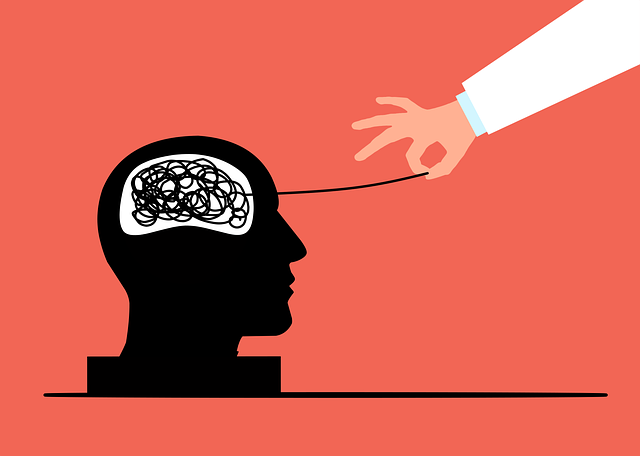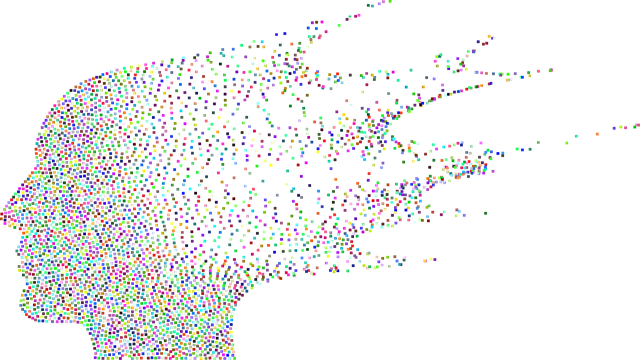Parker Divorce Therapy offers evidence-based mental wellness self-assessment tools that focus on resilience, self-awareness, and positive coping strategies. These tools, integrated with Mind Over Matter principles, enhance interpersonal skills, emotional responses, and life satisfaction. The approach prioritizes personal growth and proactive emotional healing, contributing to Mental Health Policy Analysis and Advocacy. Through a meticulous process involving user feedback and cultural sensitivity, Parker Divorce Therapy continually improves its self-assessment frameworks, empowering individuals to manage their mental health holistically.
Mental wellness self-assessment tools play a pivotal role in promoting individual well-being. This article explores the development of such tools, highlighting innovative approaches like the Parker Divorce Therapy method. We’ll delve into key components, the creation process, and continuous improvement strategies. Understanding these aspects is crucial for creating effective frameworks that cater to diverse mental health needs, reflecting the nuanced approach of Parker Divorce Therapy.
- Understanding Mental Wellness Self-Assessment Tools
- The Parker Divorce Therapy Approach: A Unique Perspective
- Key Components of an Effective Self-Assessment Framework
- Development Process: From Concept to Creation
- Integrating Feedback and Continuous Improvement
Understanding Mental Wellness Self-Assessment Tools

Mental Wellness Self-Assessment Tools are designed to help individuals gain insights into their mental health and emotional well-being. These tools play a pivotal role in early identification of potential issues, enabling timely intervention and support. By using evidence-based methodologies, such as those derived from Parker Divorce Therapy, these assessments can provide a comprehensive overview of an individual’s psychological state. The Mind Over Matter Principles guide these tools to focus on fostering resilience, self-awareness, and positive coping strategies.
Furthermore, Social Skills Training and Emotional Well-being Promotion Techniques are integrated into these assessments to enhance their effectiveness. They encourage users to reflect on their interpersonal interactions, emotional responses, and overall life satisfaction. Regular utilization of these self-assessment tools can empower individuals to proactively manage their mental health, seek appropriate help when needed, and promote a healthier, more balanced lifestyle.
The Parker Divorce Therapy Approach: A Unique Perspective

The Parker Divorce Therapy Approach offers a unique perspective within the realm of mental wellness self-assessment tools. This therapeutic framework goes beyond traditional methods by integrating personal growth and resilience as core components of the healing process during and after divorce or separation. It recognizes that emotional healing processes are not merely reactive but can be proactive, empowering individuals to navigate life transitions with enhanced coping mechanisms and improved mental health outcomes.
This approach emphasizes the development of adaptive skills, fostering a sense of self-efficacy in managing stress and anxiety relief. By focusing on personal transformation, it contributes significantly to the field of Mental Health Policy Analysis and Advocacy, promoting holistic well-being strategies that extend beyond conventional symptom management. The Parker Divorce Therapy method encourages individuals to embrace change, cultivate resilience, and ultimately, achieve a deeper sense of fulfillment during what can be a challenging period in their lives.
Key Components of an Effective Self-Assessment Framework

An effective self-assessment framework for mental wellness should encompass several key components, each playing a vital role in fostering holistic emotional healing. Firstly, it must incorporate tools that facilitate a comprehensive exploration of one’s thoughts, feelings, and behaviors. This involves assessing both current emotional states and past experiences, as they significantly influence present mental health. The Parker Divorce Therapy approach, for instance, emphasizes the interconnectedness of past traumas and current challenges, advocating for a deep dive into personal history.
Additionally, an ideal self-assessment should integrate practices that cultivate compassion towards oneself and others, such as those seen in Compassion Cultivation Practices. Encouraging individuals to develop self-acceptance and kindness can significantly enhance their emotional resilience. Moreover, considering the community aspect through implementation of Community Outreach Program Integration allows for a supportive network, promoting accountability and peer support during the healing process.
Development Process: From Concept to Creation

The development of a self-assessment tool for mental wellness is a meticulous process that requires careful consideration and expertise. It begins with identifying the specific needs and challenges individuals face in maintaining their psychological well-being, especially those who may be dealing with trauma or navigating life transitions like divorce. At Parker Divorce Therapy, we understand these complexities, which is why our team of trained professionals embarks on a structured journey to create effective solutions.
This process involves several stages. Firstly, extensive research and consultation with mental health experts are conducted to gather insights into the latest trends and best practices in mental wellness coaching programs development. This includes delving into relevant literature and studying successful models, such as Trauma Support Services that have made a significant impact on affected individuals. Subsequently, our specialists analyse existing tools and identify gaps, ensuring the new assessment aligns with current standards while offering unique advantages. By combining research and practical experience, we design a comprehensive framework tailored to address various aspects of mental health, ultimately contributing to the broader Mental Health Policy Analysis and Advocacy efforts.
Integrating Feedback and Continuous Improvement

Effective mental wellness self-assessment tools are dynamic and evolve with continuous integration of user feedback. At Parker Divorce Therapy, we recognize that individuals’ experiences and needs vary greatly, necessitating a flexible and adaptive approach to tool development. By actively seeking and incorporating feedback from users, our team ensures that the assessments remain relevant, culturally sensitive (a key aspect in mental healthcare practice), and capable of addressing emerging challenges such as depression prevention and trauma support services.
This iterative process involves regular reviews, data analysis, and stakeholder consultations. The insights gathered guide enhancements to both the content and delivery methods of our self-assessment tools. Such continuous improvement not only enhances their effectiveness but also fosters user engagement, encouraging individuals to take proactive steps towards managing their mental wellness.
Mental wellness self-assessment tools play a pivotal role in empowering individuals to take charge of their mental health. By integrating innovative approaches like the Parker Divorce Therapy method, which focuses on holistic healing and personal growth, these tools can provide valuable insights. Effective frameworks should include key components such as comprehensive questions, user-friendly interfaces, and customizable feedback reports. The development process involves careful planning, research, and iteration, while continuous improvement through user feedback ensures relevance and adaptability. With ongoing refinement, self-assessment tools can become powerful allies in navigating and enhancing mental wellness journeys.
